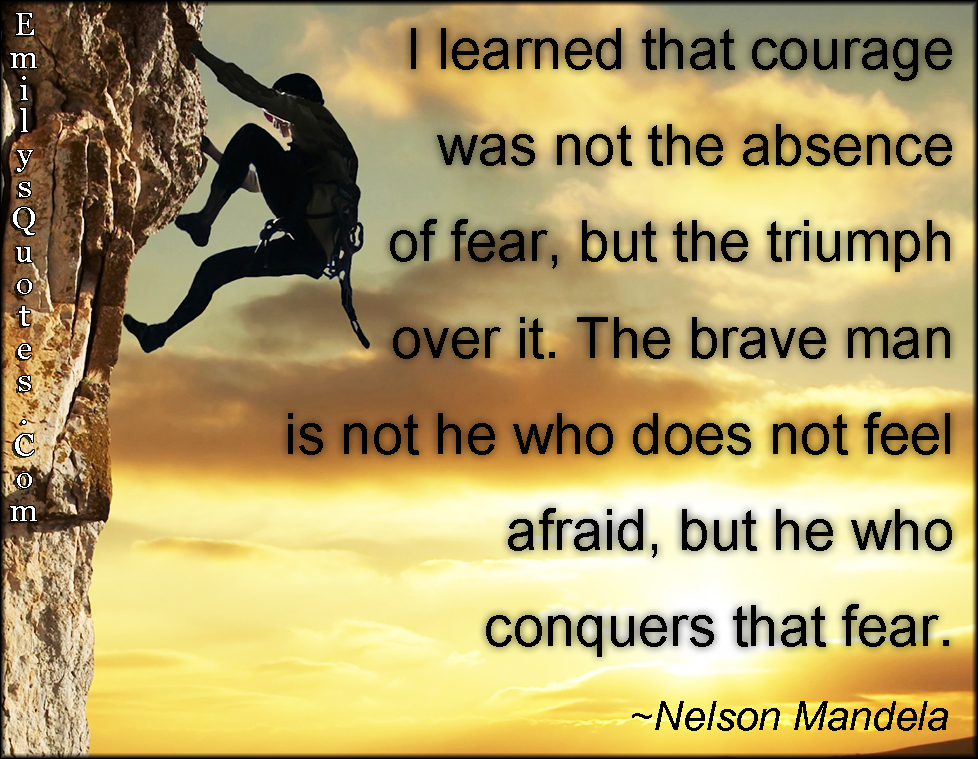The Science of Overcoming Fear: Strategies to Conquer Anxieties
Fear is a universal human emotion. It's a natural response to danger and can be a life-saving instinct. However, when fear becomes overwhelming and pervasive, it can lead to anxiety disorders that affect millions worldwide. The good news is that science has unravelled the mysteries of fear, and armed with this knowledge, we can conquer anxieties. In this article, we'll explore the science behind fear and discover effective strategies to overcome it.
 |
| Taking the Leap: Overcoming Fear and Embracing Thrills. 📷 |
Understanding Fear
Before we delve into conquering fear, let's understand what happens in our brains when we encounter something frightening. The amygdala, a small almond-shaped structure deep in the brain, plays a pivotal role. It acts as the brain's alarm system, triggering the fight-or-flight response when it perceives a threat. But what if this response gets triggered too easily or too frequently, causing unnecessary anxiety?
The Neurobiology of Fear
Recent research in neuroscience has shed light on the neurobiology of fear. Scientists have identified neural pathways and chemicals involved in the fear response. This knowledge allows for targeted interventions, such as medications and therapies, to regulate these processes and reduce anxiety.
 |
| Your Brain on Fear. 📷 |
Effective Strategies
Now, let's explore strategies to conquer anxieties based on scientific research:
1. Cognitive-Behavioural Therapy (CBT): CBT is a well-established therapeutic approach. It helps individuals reframe negative thought patterns, gradually reducing their fear responses.
2. Exposure Therapy: This controlled and gradual exposure to feared objects or situations can desensitize the fear response, making it less intense over time.
3. Mindfulness and Meditation: Research shows that mindfulness practices can rewire the brain, reducing the amygdala's reactivity and promoting calm.
4. Exercise and Nutrition: Physical health is closely linked to mental well-being. Regular exercise and a balanced diet can reduce anxiety.
5. Medication: In some cases, medication prescribed by a healthcare professional may be necessary to manage anxiety disorders.
6. Supportive Relationships: Social support is vital. Sharing fears and seeking help from loved ones can provide immense relief.
 |
| 📷 |
Fear can be daunting, but science offers hope. By understanding the neural underpinnings of fear and employing evidence-based strategies, we can conquer anxieties and live fulfilling lives. Don't let fear hold you back. Take the first step on your journey to overcoming fear and embracing a brighter future.
 |
| Embracing the Journey: Stepping Stones to Fearless Living. 📷 |
If you or someone you know struggles with anxiety, seek help from a mental health professional. Share your own strategies for conquering fear in the comments below, and let's support each other on this journey to a fear-free life.
MORE POWER TO YOU
Subscribe to our weekly newsletter and stay informed, inspired, and empowered! 🌍✨




